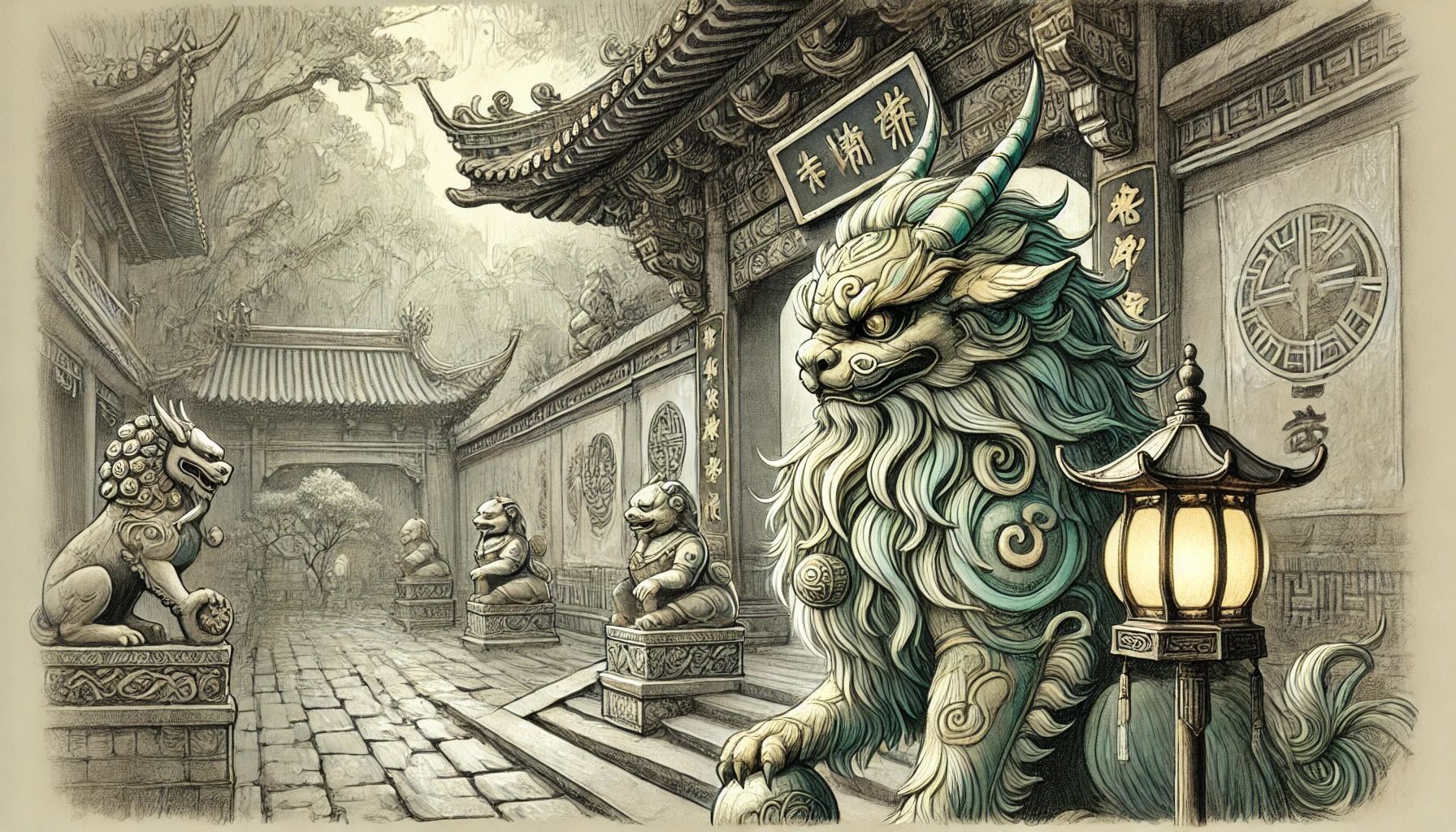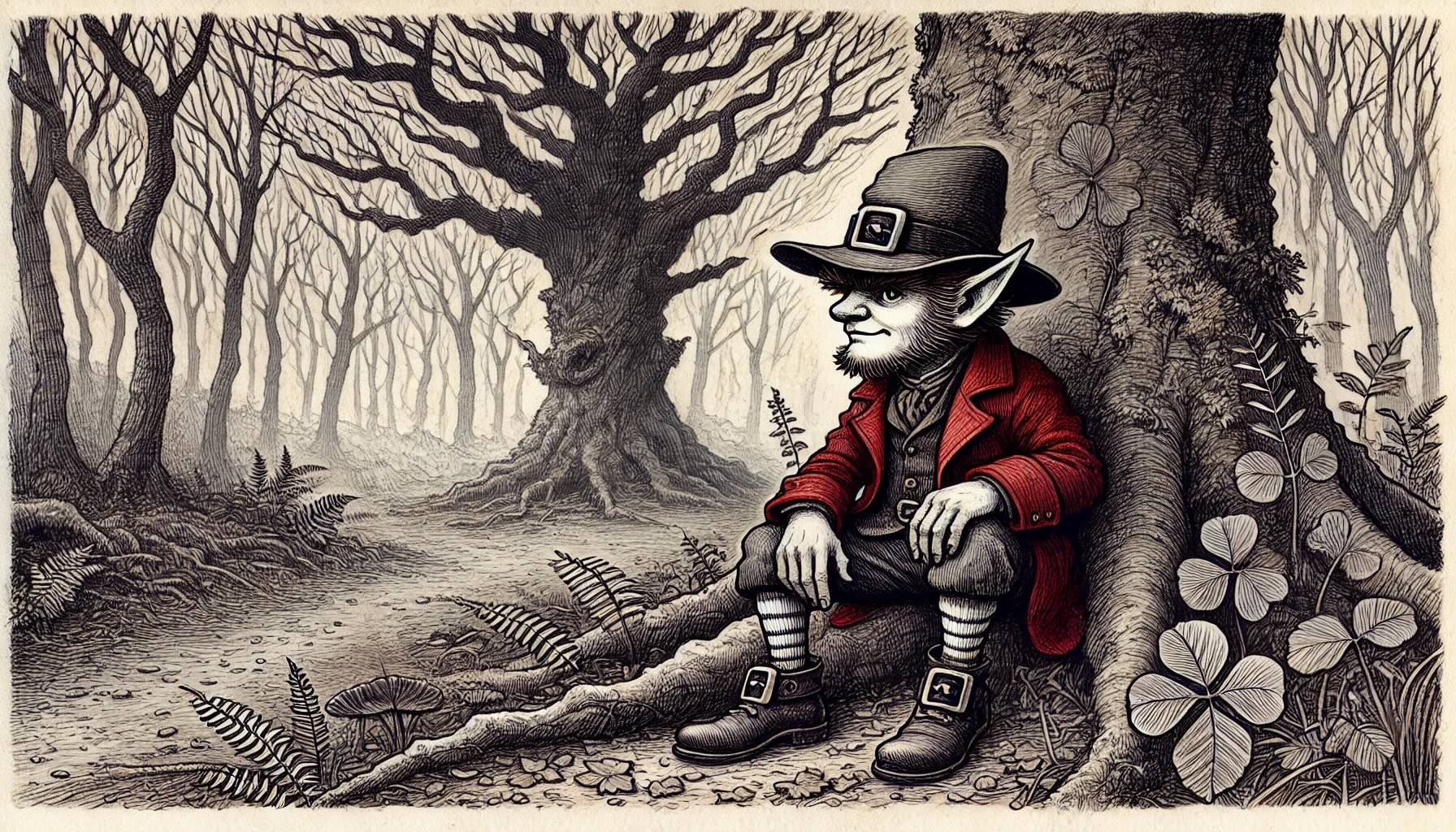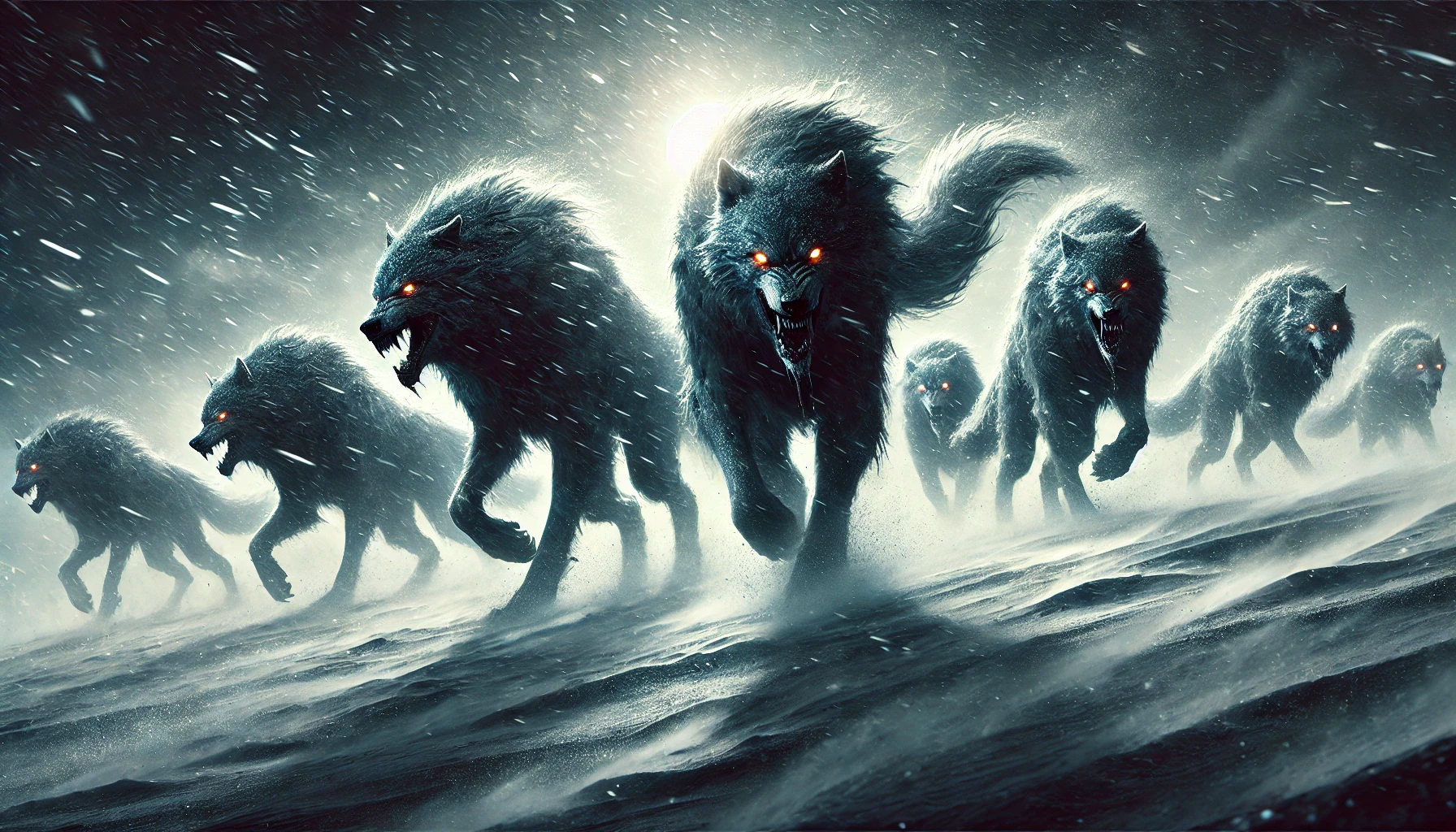Beware the Invitation of the Fae
A ring of mushrooms in the forest, a flicker of movement just beyond the trees, the sound of laughter where no one stands—these are not mere oddities of nature. They are warnings. You are in Fae territory now.
The Fae are often glimpsed as whimsical, delicate beings, fluttering through meadows with wings of gossamer and mischief in their eyes—but such appearances can be deceiving. But to those who know better, they are as cruel as they are beautiful, as merciless as they are enchanting. The world of the Fae is one of illusions, bargains, and riddles, where one careless mistake can cost a soul more than it ever intended to wager.
The Many Faces of the Fae
The Fae have walked this land for longer than memory recalls, their presence woven into the very fabric of our world, where their presence lingers just beyond the veil, deeply rooted in Irish and Scottish folklore, where they are known as the Aos Sí—an ancient race of supernatural beings who dwell in the Otherworld but frequently interact with mortals. Some say they are the remnants of the Tuatha Dé Danann, powerful deities who retreated underground after losing control of Ireland, powerful deities who retreated underground after losing control of Ireland.
There are two primary factions of the Fae:
- The Seelie Court: These fairies may appear more benevolent, offering small favors or even assisting those they favor. But their aid always comes with a price, and slighting them can be just as dangerous as angering their darker counterparts.
- The Unseelie Court: Wild, malevolent, and unpredictable, the Unseelie Fae delight in leading travelers astray, causing misfortune, and ensnaring humans in cruel tricks. Unlike the Seelie, they are more inclined to harm rather than help.
Many Fae are humanoid, with ethereal beauty, pointed ears, and eyes that gleam with unnatural light. Others, like the Pooka, are shape-shifters, appearing as black horses, monstrous hounds, or even twisted goblin-like figures. The Banshee, a mournful spirit, heralds death with her wailing cries, while the Dullahan, a headless rider, is said to claim souls for the afterlife.
Stories of Enchantment and Terror
The Fae are known for stealing children, replacing them with changelings—sickly, eerie infants who do not cry or grow as they should. They weave glamours to disguise themselves, appearing as beggars, beasts, or even dear loved ones long lost.
Many travelers who follow a lantern light into the woods never return, their fate sealed by unseen hands. Of musicians who play a tune so enchanting that the Fae take them, their melodies never heard again by mortal ears. Of those who make a careless wish, only to have it granted in the cruelest way possible.
There are warnings about the Fairy Midwife,, a woman who unknowingly assisted a Fae in childbirth. She was gifted with the ability to see the Fae after rubbing fairy ointment on her eyes, but when the Fae discovered this, they blinded her in one eye to ensure their world remained hidden from mortals. His crops failed, his cows wasted away, and his voice withered to nothing but a whisper. The last time he was seen, he was walking toward the fairy mound, answering a voice no one else could hear.
The Veil Between Worlds: Where the Fae Dwell
The Fae move between worlds, slipping through places where reality bends—ancient forests, misty moors, caves where the sun never reaches, and sacred hills known as fairy mounds (or Sidhe mounds, as they are called in Irish tradition). Their world, the Otherworld, exists in the spaces between—an eternal twilight of beauty and danger, a realm of treacherous wonder.
They leave fairy rings, circles of mushrooms or stones, marking the presence of their realm—an ongoing and active sign that should never be ignored. Step inside, and you may find yourself in a world where time flows strangely, where a single night can stretch into a hundred years. And should you eat their food, you may never return at all.
The Trickery of the Fae: Powers & Abilities
- Glamour & Illusions: The Fae can shape reality as they please, making the grotesque appear beautiful, the ordinary seem grand, and the dangerous feel safe.
- Enchantment & Persuasion: Their voices weave spells. A Fae’s promise can be honeyed poison, leading a mortal into a deal they never meant to make.
- Control Over Nature: Some Fae command the winds, others whisper to the roots of trees. They call storms and calm seas as they wish.
- Time Distortion: Entering their realm can twist time, with years passing in the blink of an eye—or a single night lasting centuries.
How to Survive an Encounter with the Fae
- Never give them your real name. Names hold power, and if a Fae knows yours, they may bind you to their will.
- Do not accept gifts or food. To take food from a Fae is to become one of them, trapped in their world forever.
- Avoid making bargains. They are masters of twisting words, turning even the simplest request into an ironclad contract that favors them.
- Carry iron. The Fae are repelled by cold iron, though it is unclear whether it burns them, disrupts their magic, or simply disgusts them.
- Speak carefully. A careless compliment, a boast, or an insult can all turn against you. Be polite, but not subservient. Wary, but not rude.
Final Warnings & Parting Wisdom
The Fae are neither wholly good nor wholly evil—they simply exist by their own laws, their own sense of justice and humor, and those who fail to tread carefully in their realm may quickly find themselves at their mercy. To them, humans are fascinating playthings, intriguing yet fragile, amusing until they are not.
If you ever hear music playing on the wind, too beautiful to resist, cover your ears and walk away. If you find a ring of mushrooms in the woods, do not step inside. And if a stranger with eyes too bright and a smile too sharp offers you a dance, remember this: no matter how enchanting, no matter how kind they may seem, the Fae never give without taking something in return.



